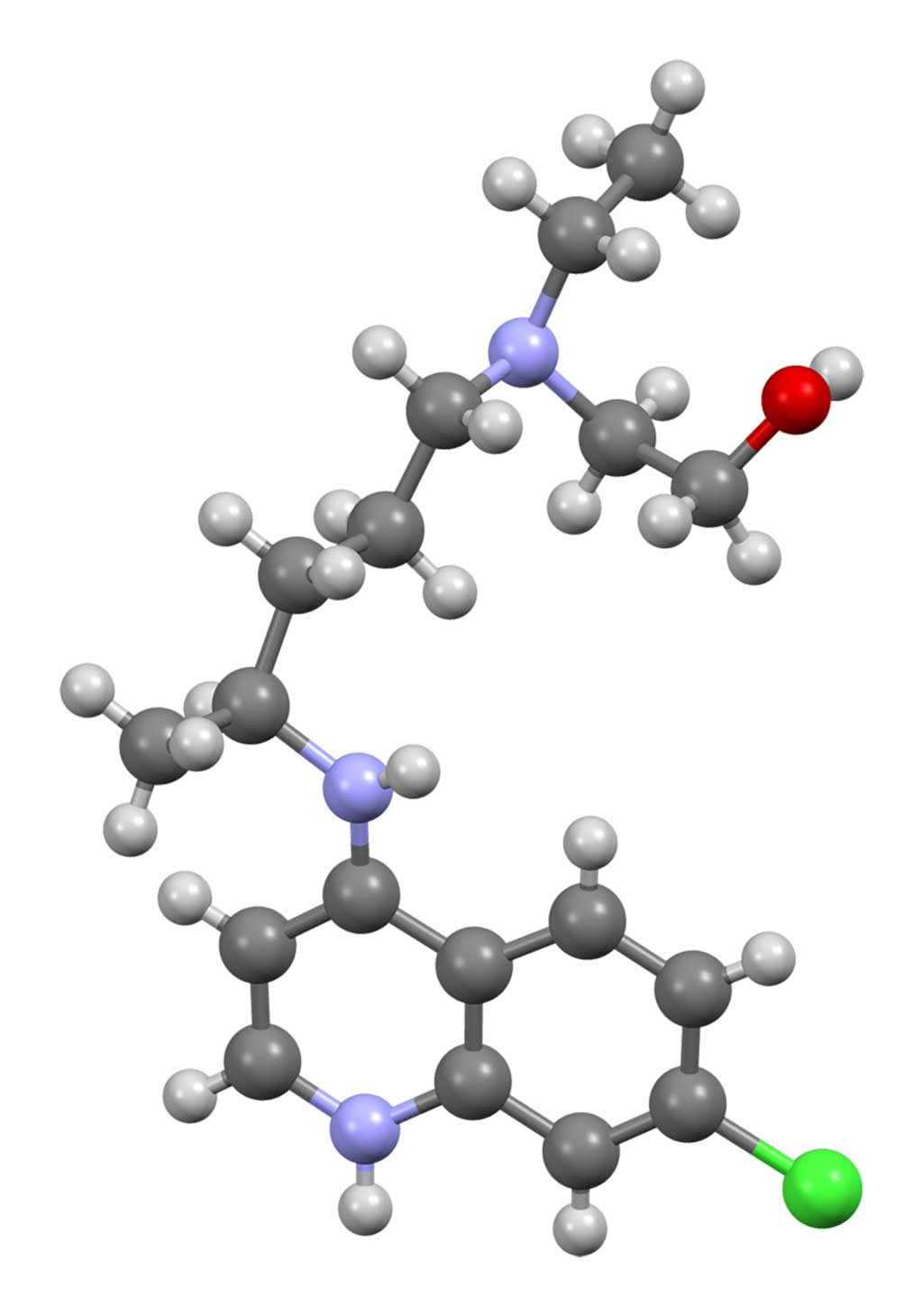Predicting Thrombosis Risk in SLE Patients by Monitoring Blood Levels of Hydroxychloroquine
By LabMedica International staff writers
Posted on 12 Jan 2021
Risk of developing a blood clot (thrombosis) by patients suffering from systemic lupus erythematosus can be predicted by monitoring levels of hydroxychloroquine in the blood.Posted on 12 Jan 2021
Systemic lupus erythematosus (SLE) is an autoimmune disease triggered by genetic and environmental factors in which the body's immune system mistakenly attacks healthy tissue in many parts of the body. Symptoms vary and may be mild to severe. Common symptoms include painful and swollen joints, fever, chest pain, hair loss, mouth ulcers, swollen lymph nodes, fatigue, and a red rash which is most commonly on the face. Often there are periods of illness, called flares, and periods of remission during which there are few symptoms. The anti-malaria drug hydroxychloroquine (HCQ) has a primary role in the prophylaxis and treatment of systemic lupus erythematosus (SLE) and may be protective against thrombosis in SLE.

Image: Ball-and-stick model of a hydroxychloroquine molecule (Photo courtesy of Wikimedia Commons)
Investigators at Johns Hopkins University (Baltimore, MD, USA) examined the usefulness of HCQ blood monitoring in predicting thrombosis risk in a longitudinal SLE cohort. For this study, the investigators used liquid chromatography‐tandem mass spectrometry to measure levels of HCQ in EDTA whole blood samples taken from 739 patients with SLE.
Results revealed that clotting occurred in 38 patients (5.1%). Average HCQ blood levels were lower in patients who developed clots, and clotting rates were reduced by 12% for every 200 nanograms per milliliter increase in the most recent HCQ blood level. Thrombotic events were reduced by 69% in patients with mean HCQ blood levels greater than 1068 nanograms per milliliter versus less than 648 nanograms per milliliter.
Low HCQ blood levels were associated with thrombotic events in SLE. "Hydroxychloroquine blood levels can be used to monitor adherence, benefits, and risks in lupus," said first author Dr. Michelle Petri, professor of medicine at Johns Hopkins University.
The hydroxychloroquine paper was published in the January 5, 2021, online edition of the journal Arthritis & Rheumatology.
Related Links:
Johns Hopkins University














